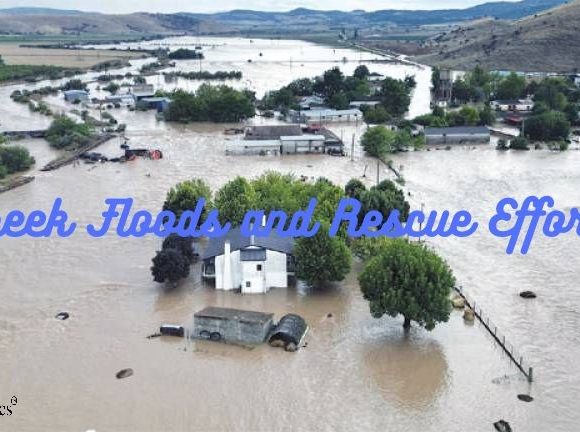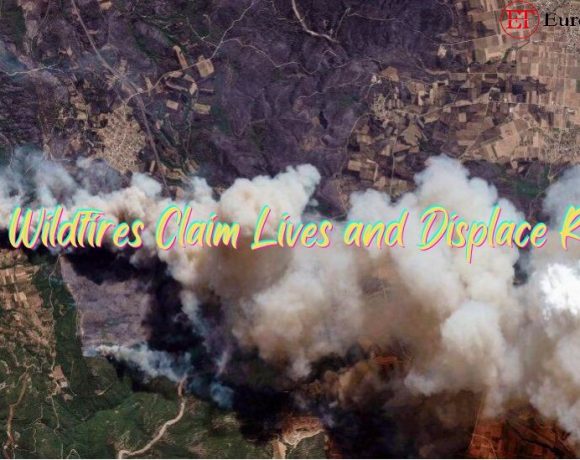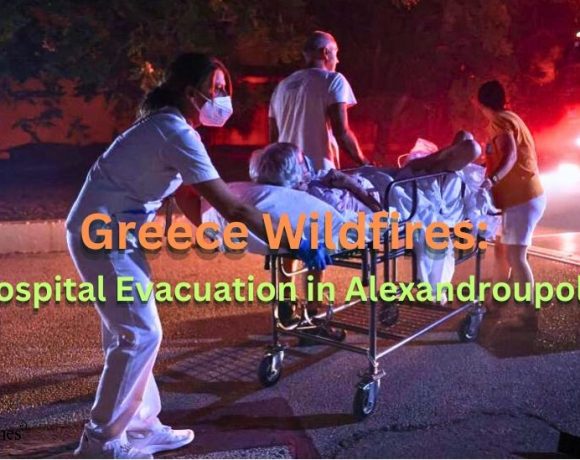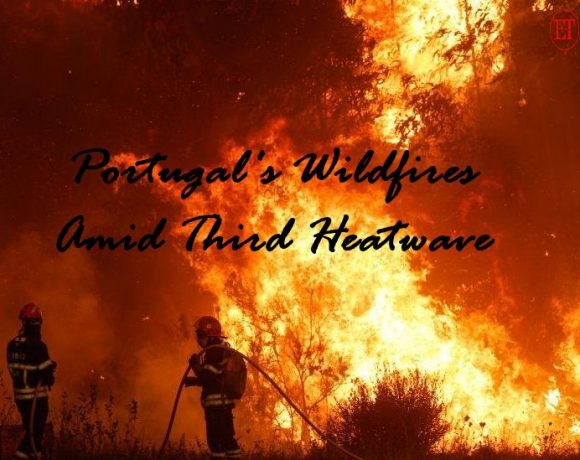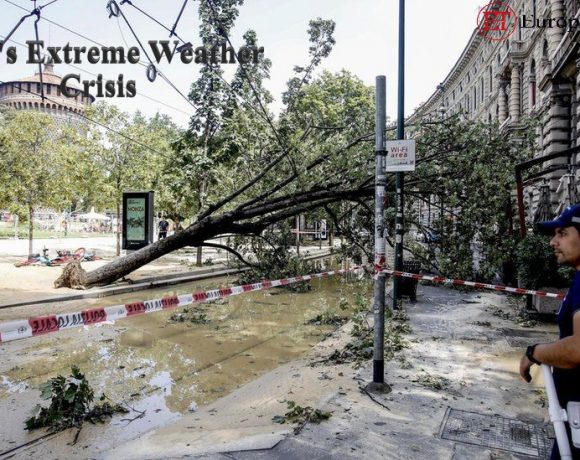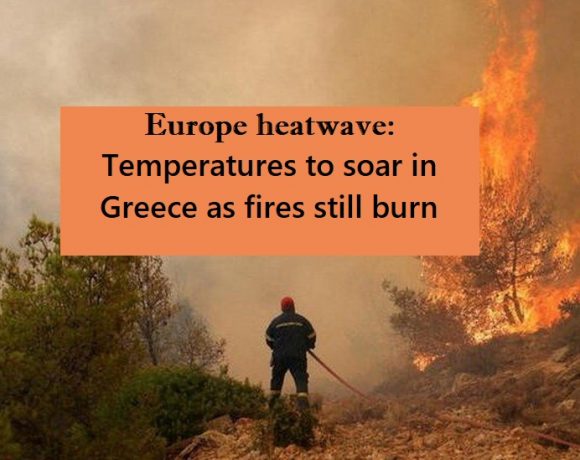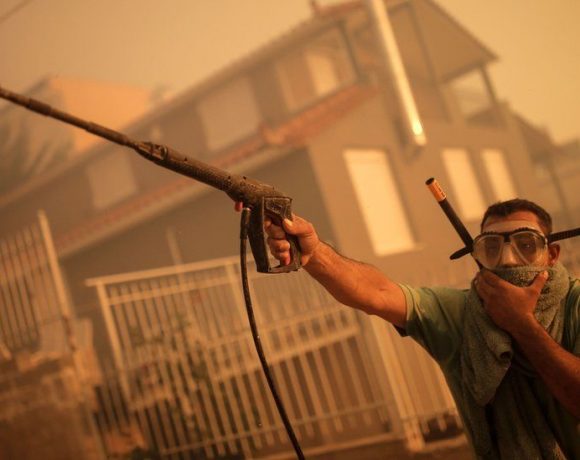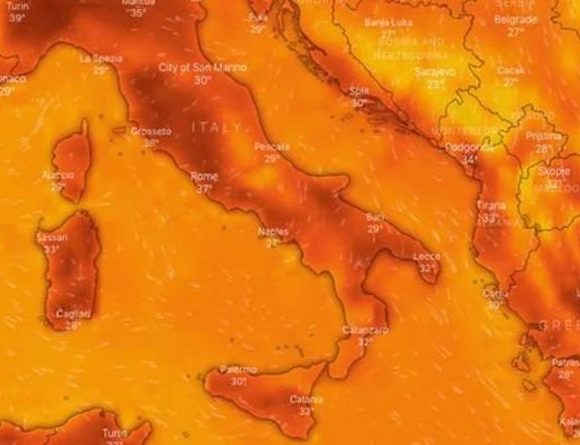
Claudia Duarte Agostinho vividly recalls the fear she felt during the devastating heatwave and wildfires that swept through Portugal in 2017, claiming over 100 lives. The trauma of those wildfires left her and her siblings anxious about their future. Claudia, aged 24, her brother Martim, aged 20, and her 11-year-old sister Mariana are among a group of six young Portuguese individuals who have taken an unprecedented step by filing a lawsuit against 32 governments, including all European Union member states, the UK, Norway, Russia, Switzerland, and Turkey.
Their lawsuit accuses these nations of inadequately addressing climate change and failing to sufficiently reduce greenhouse gas emissions to meet the Paris Agreement’s goal of limiting global warming to 1.5 degrees Celsius. This groundbreaking case is the first of its kind to be brought before the European Court of Human Rights (ECHR) in Strasbourg, potentially carrying legally-binding implications for the accused governments. The initial hearing took place recently.
These six claimants, ranging in age from 11 to 24, argue that the annual forest fires in Portugal since 2017 are a direct consequence of global warming. They assert that their fundamental human rights, including the right to life, privacy, family life, and freedom from discrimination, are being violated due to governments’ failure to combat climate change adequately. They have already experienced significant impacts, such as extreme temperatures forcing them indoors, restricting their daily lives, and causing health issues like eco-anxiety, allergies, and respiratory conditions. Remarkably, none of them seeks financial compensation.
The case’s proponents argue that the policies of these 32 governments are steering the world toward a catastrophic 3-degree Celsius global warming scenario by the century’s end. They demand urgent action to prevent unbearable heat extremes that threaten their health and well-being. In a 2021 study, the Lancet found widespread climate anxiety and dissatisfaction with government responses among children and young people worldwide, impacting their daily lives.
The governments, in their responses, contest that the claimants haven’t adequately demonstrated that their suffering directly results from climate change or Portuguese wildfires. They argue that there is no immediate evidence of climate change posing a risk to human life or health, and they question the ECHR’s jurisdiction over climate policy.
This David vs. Goliath case could have far-reaching implications, potentially binding these governments to increase climate action by reducing emissions and phasing out fossil fuels. It would also guide domestic courts dealing with climate change-related cases. A verdict is anticipated in nine to 18 months.
For Claudia, this case represents a glimmer of hope in an otherwise uncertain world. She contemplates the possibility of having children one day, but winning this case would mean that people are truly listening, governments are taking action, and a brighter future might be on the horizon.
Picture Courtesy: Google/images are subject to copyright

